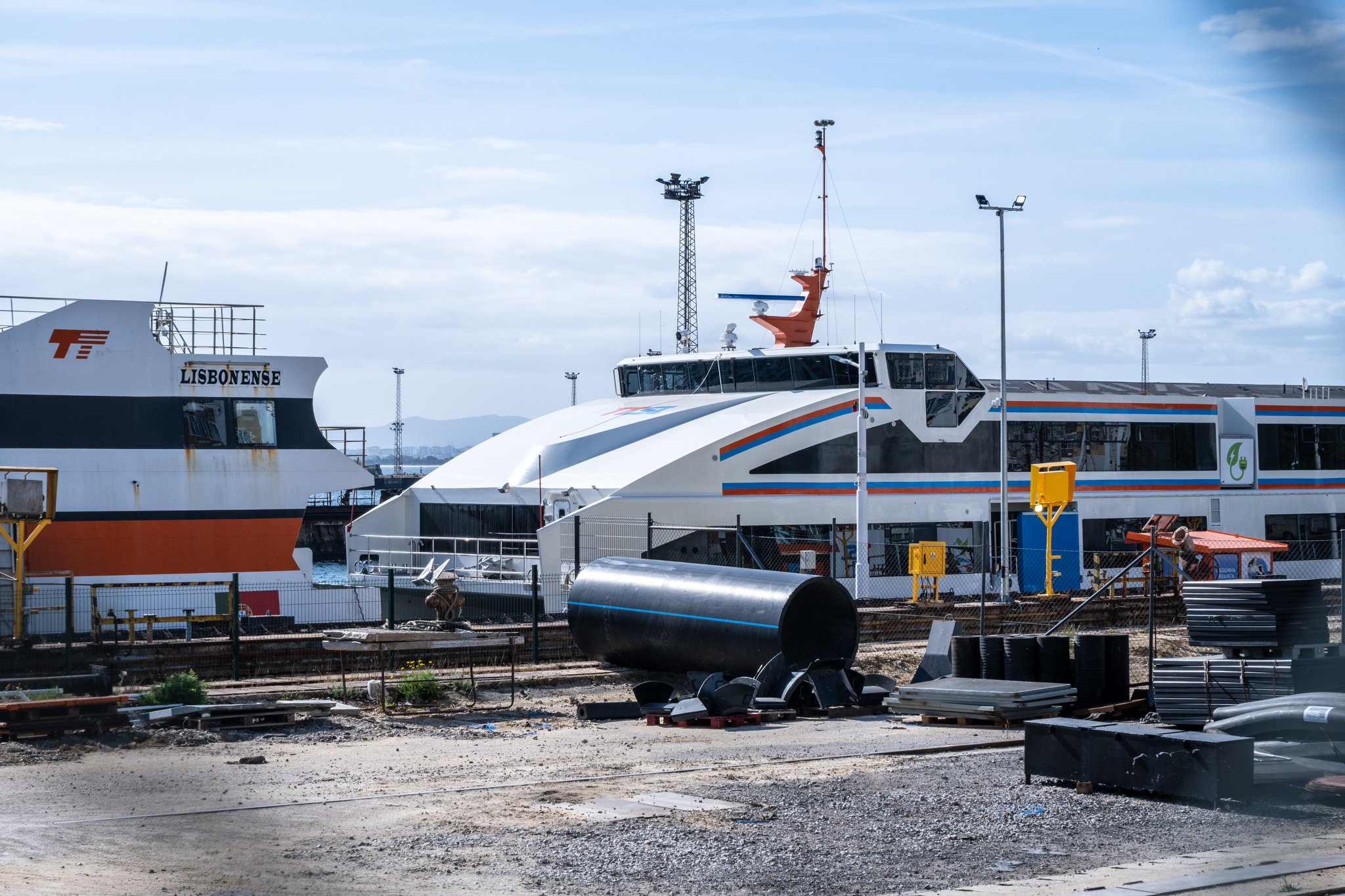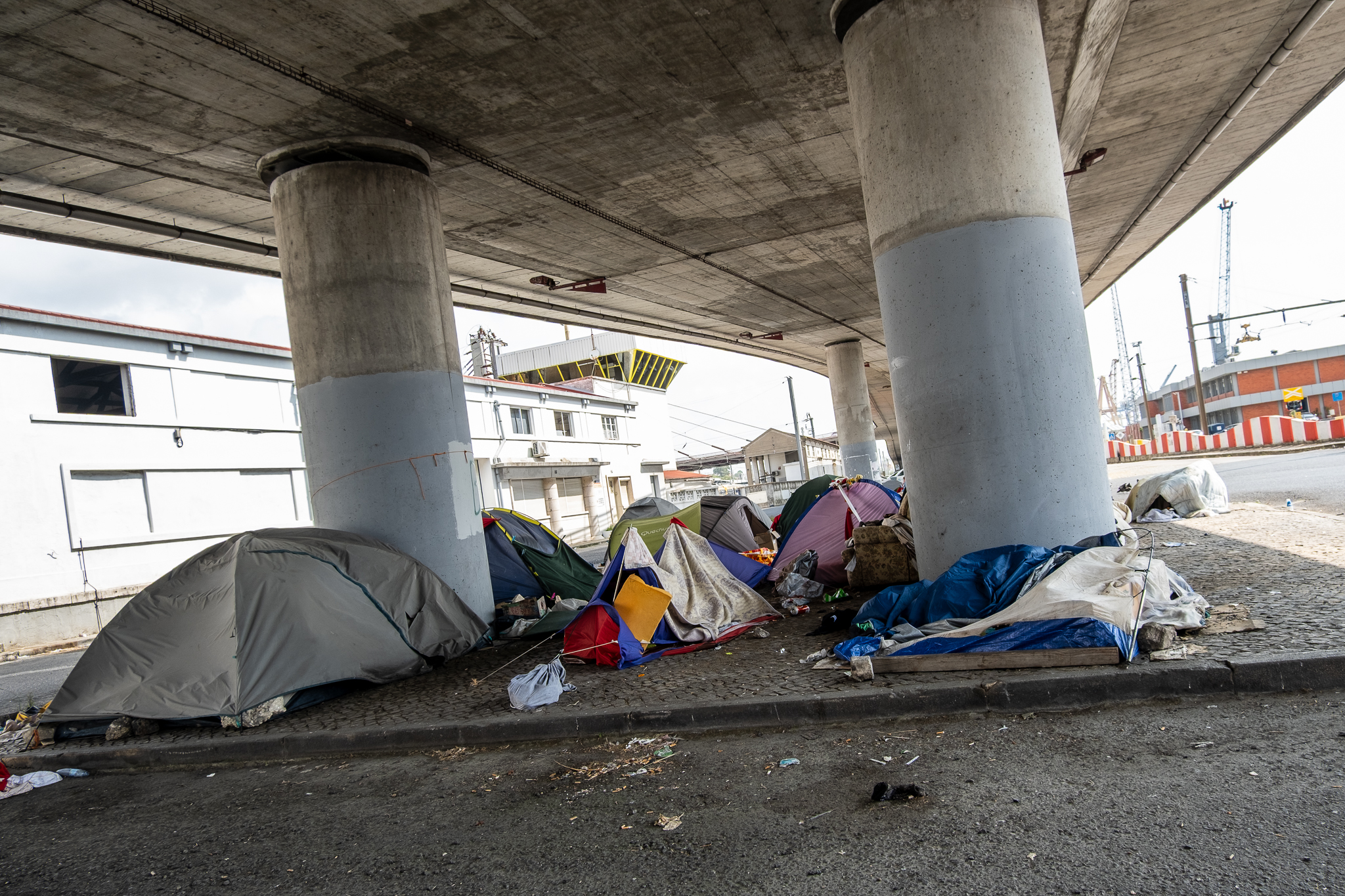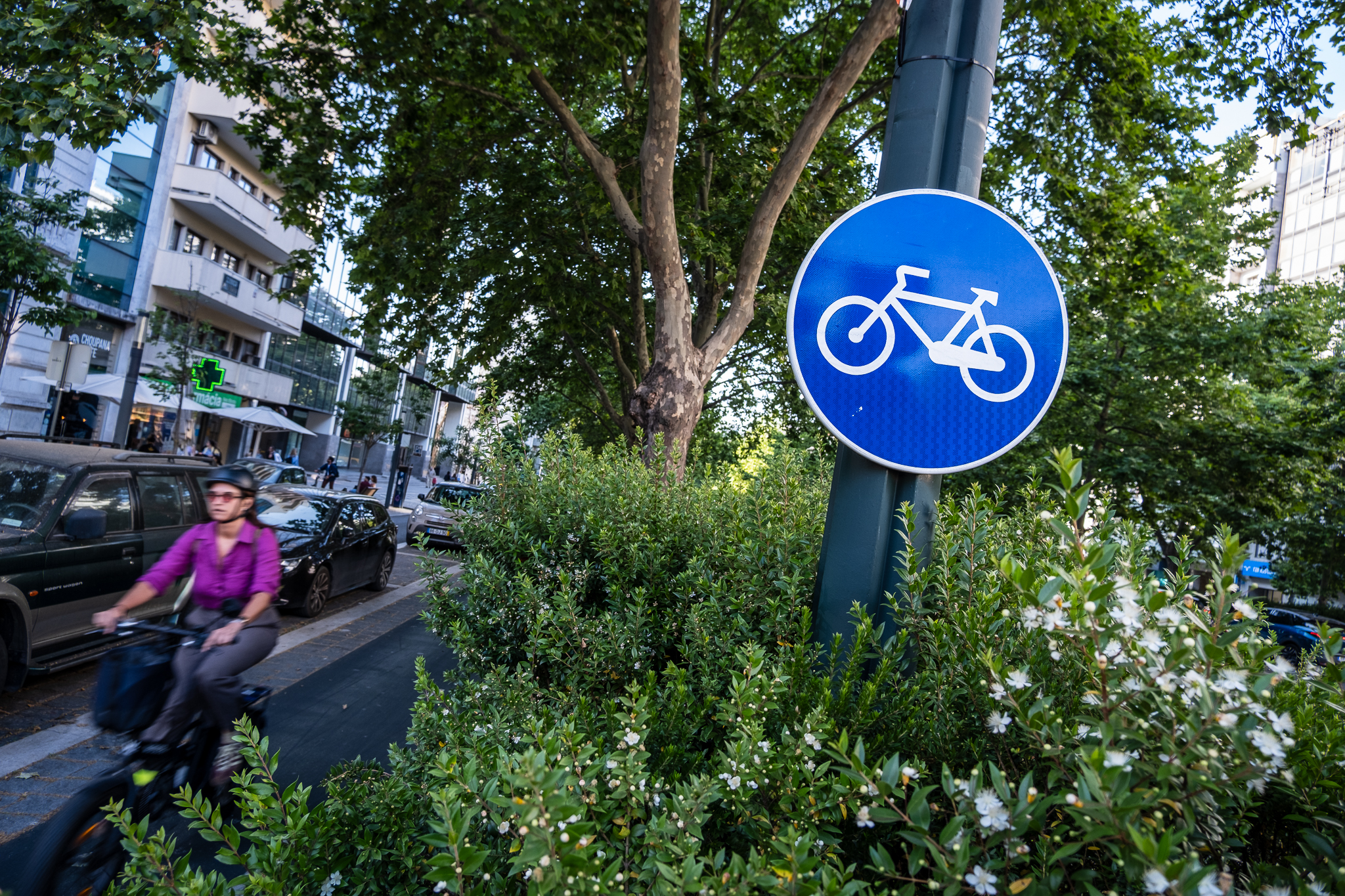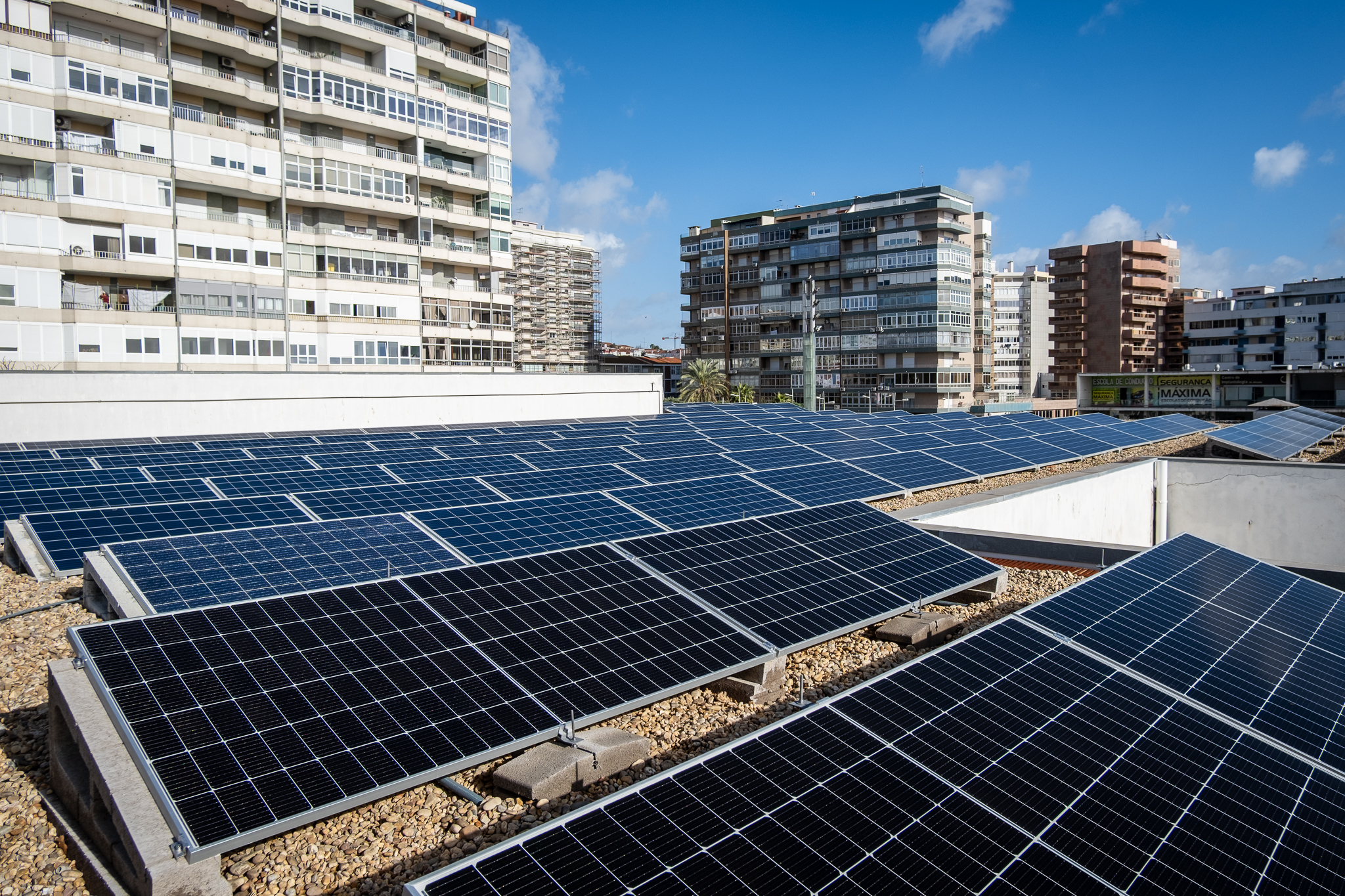Opinion Article.
I too will not be able to assess whether the procurement process for the 10 ships was legally sound, but I can comment on some statements made by the Court of Auditors.

At the end of March, the Court of Auditors triggered a polemic around the purchase of 10 electric ships and their batteries by Transtejo Soflusa (TTSL). An unequal polemic, because the majority of public opinion seemed scandalized and shared the Court of Auditors' arguments, condemning the dismissed (and already replaced) administration; and very few comments appeared and have appeared saying that the Court may have well grounded its opinion legally but lacked technical competence, understood as engineering, to use certain terms in the communication it released.
I too will not be able to assess whether the procurement process for the 10 ships was legally sound, but I can comment on some statements made by the Court of Auditors.
"Transtejo bought a complete ship and nine incomplete ships, without being able to operate, because they were not equipped with the necessary batteries for the purpose. The same would be, with the proper adaptations, to buy a car without an engine, a motorcycle without wheels, or a bicycle without pedals, reserving their acquisition for a later procedure."
- Court of Auditors
Let us take the example of the car. In the sense that seems to be the Court of Auditors' understanding that a vehicle is only complete if it can function, can we say that such a car is complete if the gas tank is empty? And that it is no longer complete if the gasoline is missing in the middle of the trip? Simply put: a car is not complete without a fuel tank, just as an electric car is not complete without the traction battery (which is technically equivalent to the fuel tank; it stores the potential energy of the gasoline, while the battery stores electrical energy).
But you cannot say that an electric ship without batteries is equivalent to a car without an engine. Motor, from Latin motoriusis what moves. According to a more technical definition, engine is the energy converter that converts, for example, the potential chemical energy of gasoline into the mechanical energy of motion, or the electrical energy into motion. The battery converts the energy received through an electric current and voltage into, through a chemical reaction, potential electric energy. Engine is one thing, battery is another.
The correct comparison would be automobile without a fuel tank. Also the quote about rudderless ships does not seem correct, since there are rudderless ships - and, if I am not mistaken, they even work at Transtejo -, with azimuthal turbo-propellers, i.e., powertrains that rotate around a vertical axis, acting as the rudder.
What if, instead of buying battery-powered ships, Transtejo had ordered hydrogen-powered ships? They would come complete, with their fuel cell that would convert hydrogen into electricity, but they would also not work without the onshore installation of electrolysers that would produce hydrogen from water (on the assumption that for environmental reasons hydrogen should not be produced from electricity originating in natural gas plants). But electrolyzers for local hydrogen production are not yet widespread in Portugal, and it is always a risk to adopt a new technology without much experience in real conditions. However, one might even consider that some of the 10 ships will be retrofitted (of course by their manufacturer) for hybrid drive, smaller capacity batteries, and hydrogen.
"Transtejo told the Court of Auditors, in a short period of time, one thing and its opposite to justify the contracts it submits' and even lied to the truth when it submitted the first contract to prior supervision. The assumptions on which the court took the decision to grant approval [on the first contract submitted] were incorrect, because the entity did not tell the truth. If the court had been provided with the correct information - as it should have been - the court's decision could have been - in light of what has just been explained and the court's own jurisprudence on this matter - to refuse the visa."
- Court of Auditors
Of course, it is possible that the Court of Auditors had reasons to feel "cheated" at the time of the approval of the first contract, that of the purchase of the ships. However, you should consider that the contract was made at a time of evolving battery technology and price. I am ignorant of the terms of the contract, so I have to acknowledge the possibility of error and induced deception, but I can also admit that the colleagues who made Transtejo's specifications were also wrong, which is acceptable since this is a new and evolving technologyby admitting that the separate supply of batteries could be through an open tender. As will be seen below, for safety reasons batteries must be supplied by the ship's manufacturer, so if there was a mistake, it may have been in good faith rather than bad faith. Even because the argument made by the dismissed Transtejo management is valid, the production cost of the batteries was going down.
"Resorting to rules of experience and even basic knowledge of business reality, the answer can only be one: having an intermediary increases the price."
- Court of Auditors
It is agreed that with basic knowledge one can reach this conclusion: an intermediary increases the price. However, secondary reasoning will dwell on important aspects. For example, in an acquisition of such a complex and recent technology, the existence of an intermediary who has the technical knowledge to prevent wrong or dangerous solutions may be justified.
The costs of such consulting may be lower than the costs of an accident due to ignorance in the purchase (I am here making the equivalence between a consultant, aware, for example, of the risks of integrating batteries susceptible to fire, and the manufacturer of the ships). Interestingly, it was recently reported that some electric car brands have lowered production costs thanks to the incorporation of the batteries in the car body (there, the car is complete with the batteries made by the car manufacturer, although in the car industry it is normal for the manufacturer to be a sort of assembler of parts made by sub-suppliers), but with the serious drawback that a minor collision can damage the battery pack to such an extent that they will be beyond repair.
But this is not the only possibility that by avoiding a competent intermediary and carelessly and negligently falling into the arms of a cheaper sub-supplier, you make a serious mistake. The technical characteristics of the ships have not been disclosed. I therefore ignore the capacity of the batteries and their autonomy, assuming that they may be from 1500 to 2000 kWh and around 20 km of autonomy. These are values that require much confidence in the references of the supplier, which in the case of Corvus Energy, claims to have 750 equipped ships.
"Transtejo's behaviour, with the practice of a successive set of decisions that are not only economically irrational, but also illegal, some with a high degree of seriousness, affects the financial interest of the State and has a high social impact, was signed, after a public tender, with the Spanish company Astilleros Gondán, a company that Transtejo decided, through an amendment to the contract, to buy later, by direct award, the 'nine batteries that were not part, by its option, of the contract for the acquisition of ships (and one battery)'. Gondán, in turn, would buy the batteries from the manufacturer, Corvus Energy, to resell them to Transtejo. Transtejo claimed that it had already tried to buy the batteries directly from the manufacturer, but the manufacturer refused. As for the amendment to the contract for the purchase of the batteries, the TdC has no doubts: 'It is illegal on two grounds: the violation of the principles of competition and equality', because it would create 'a dependence of the public entity on one supplier', and the violation of the Public Procurement Code, for lack of fulfillment of the requirements for the objective modification of the contract.
- Court of Auditors
One of the biggest mistakes of Portuguese engineering - not in the conception or in the project, but in the planning and supervision of the work - was the disaster of the Metro tunnel in Terreiro do Paço in 2000. The tunnel had already been built by a contractor, but it had to be connected to the station that had not yet been built. This work should have been done by the same contractor for the simple reason of the tunnel's guarantee. But the administration at the time thought the bid was too high and held a public tender. Whoever won the bidding subcontracted the carpenters to open the holes for concrete injection and consolidation of piles without the presence of the site directors and inspectors, causing the partial destruction of the tunnel. Fortunately no one was killed. It was an example that virtual legal pruritus should not override real technical reasons.
I recount this episode because the analogy is obvious, lithium-ion batteries have a serious problem. Manufacturing defects or excessive concentration in order to raise the energy density in Wh per kg can make the batteries susceptible to spontaneous fires by melting the lithium, which melts at 180°C, causing dendrites and short circuits between the electrodes. Lithium/iron phosphate batteries will have greater fire immunity, but their energy density is about half that of lithium ions which is decisive in traction.
Fires can also be caused by collisions or lack of ventilation. Fires in cars of a well-known brand have been public knowledge, either spontaneous, during the fast charging phase, or following collisions. Fires have also occurred spontaneously in electric buses operated by the RATP transport operator in Paris. No wonder, then, that it should be the ship manufacturer who should be responsible for the warranty of the batteries. Ship batteries are not like bicycle wheels: their capacity level requires rigorous manufacturing to avoid the risk of fire, and they should not be supplied outside of the set's warranty.
It is a paradox in the Court of Auditors' argument: if the batteries are an integral part of the ship, they must be bought from the ship's vendor.
But the passengers are not interested in this discussion.
The problem must be solved on behalf of Transtejo passengers and replace the complaint to the Public Prosecutor's Office (filing the complaint, as they say), whose technical grounds leave something to be desired and reveal inadequacies in technical knowledge, by an independent audit with knowledgeable marine engineering and electrical traction techniciansThis is the first step in the process of developing your work with interactive public disclosure at the stage of its progress.
We must defend the principle of separation of powers, including the independence of the judiciary, but also interdependence with the other powers, so that the judiciary does not want to consider itself infallible and above technical reality, maintaining the trust of citizens (let there be no repetition of cases such as the Court of Auditors' approval of the Metro Circular Line contract in 2020, right after a law of the Republic, 2/2020, mandating the suspension of the Circular Line's construction; the "rider" theory in a budget law that seeks to inhibit it is a theory, not a constitutional provision - the Court of Auditors does not hold the power of infallibility, nor is it a turris eburnea above scrutiny).
Barring better judgment, of course, the Court of Auditors' intervention is delaying everything and therefore hurting the public interest. It would not be the first time.







